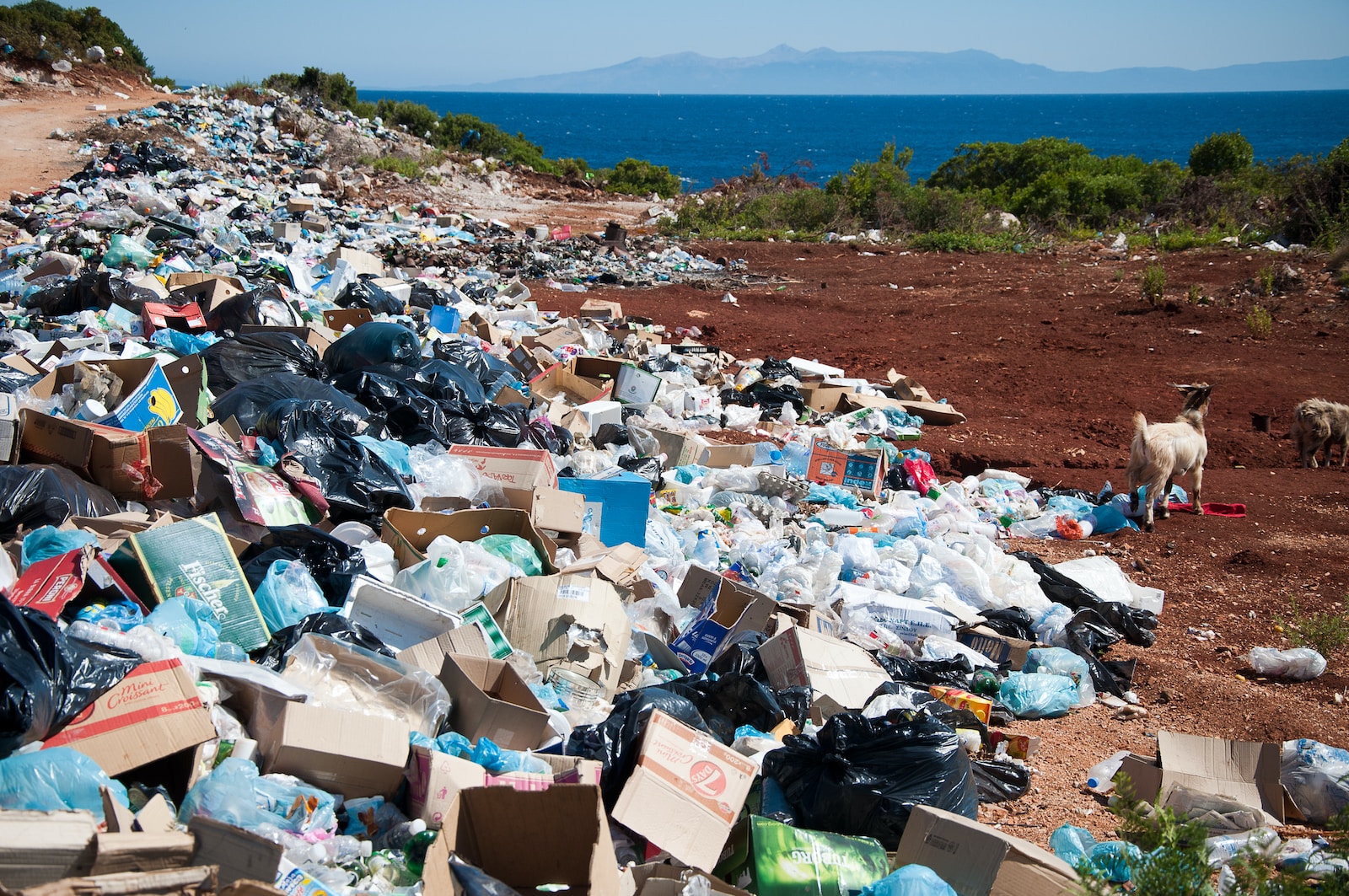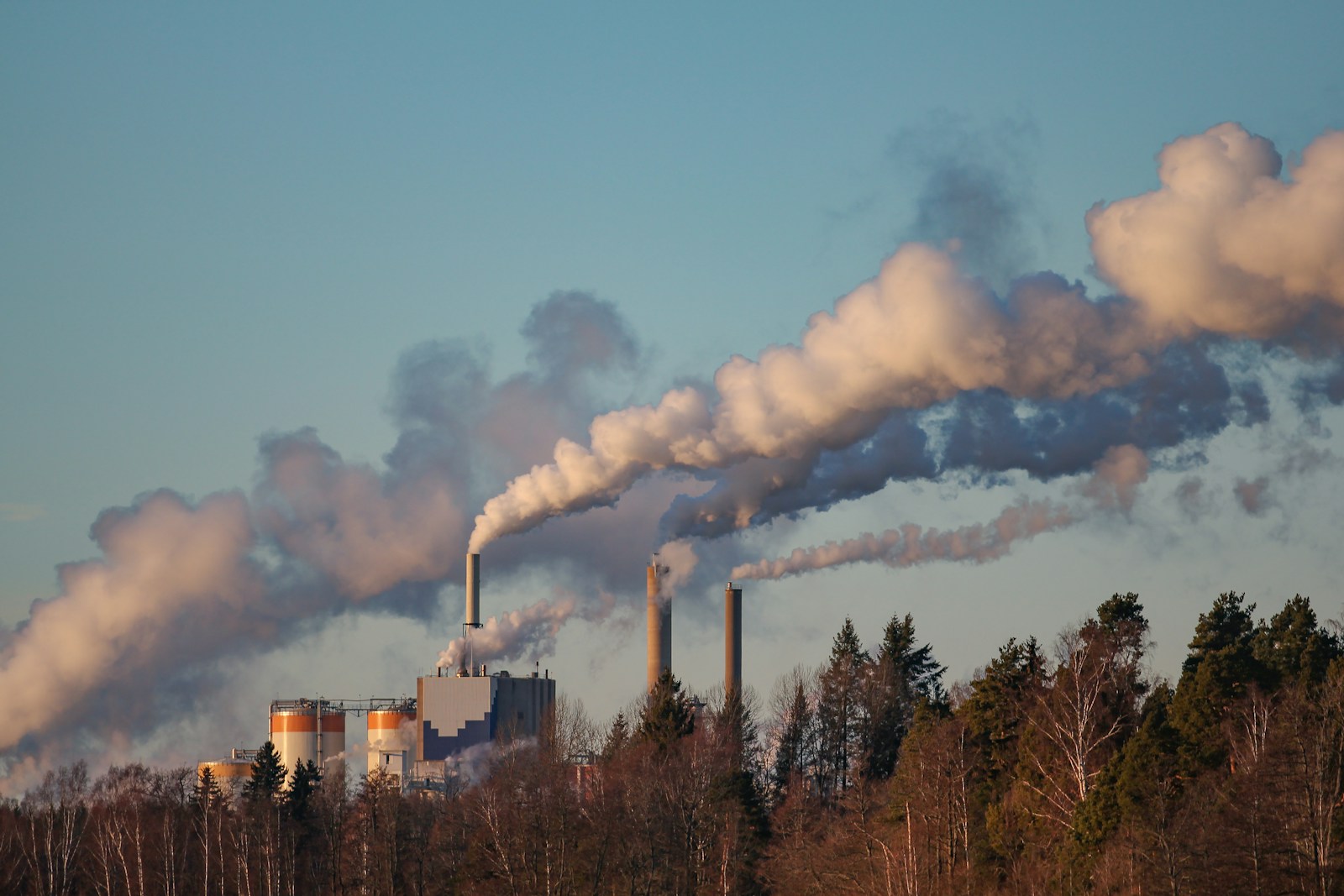Table of Contents
ToggleIntroduction
Environmental pollution is a global issue that affects the health of individuals and the planet. It is caused by human activities such as industrialization, urbanization, and transportation. In this article, we will explore the causes, effects, and solutions to environmental pollution.
Understanding Environmental Pollution
Environmental pollution is the introduction of harmful substances into the environment that cause negative impacts on living organisms and ecosystems. These harmful substances can be in the form of solid, liquid, or gas and can come from various sources such as industrial activities, transportation, and agriculture.
Causes of Environmental Pollution
The major causes of environmental pollution include industrialization, urbanization, transportation, and agriculture. Industrial activities such as manufacturing and mining release harmful chemicals into the environment, including heavy metals and toxic gases. Urbanization and transportation also contribute to pollution through emissions from vehicles and buildings. Agriculture can also cause pollution through the use of pesticides and fertilizers.
Effects of Environmental Pollution
The effects of environmental pollution are significant and can have long-lasting impacts on the planet and human health. Air pollution can cause respiratory diseases such as asthma and lung cancer. Water pollution can lead to contaminated drinking water and the loss of aquatic life. Soil pollution can lead to the degradation of soil quality, leading to reduced crop yields and food security.
Solutions to Environmental Pollution
There are several solutions to environmental pollution that we can implement to mitigate its impacts. One of the most important actions we can take is to reduce our dependence on fossil fuels and transition to renewable energy sources such as solar and wind power. We can also implement energy-efficient practices and reduce our overall consumption of resources.
Regulations and policies can also play a significant role in reducing pollution. Governments can implement laws and regulations that limit industrial emissions and improve waste management practices. Additionally, individuals can take action by reducing their use of single-use plastics and practicing proper waste disposal.
Conclusion
Environmental pollution is a significant global issue that affects the health of individuals and the planet. It is caused by human activities such as industrialization, urbanization, transportation, and agriculture. The effects of pollution can be significant and have long-lasting impacts on the environment and human health. However, by taking action to reduce pollution through the use of renewable energy sources, energy-efficient practices, and proper waste management, we can work towards a sustainable future for ourselves and future generations.
FAQs
Q: What do you mean by environmental pollution?
A: Environmental pollution is the introduction of harmful substances into the environment that cause negative impacts on living organisms and ecosystems. These harmful substances can be in the form of solid, liquid, or gas and can come from various sources such as industrial activities, transportation, and agriculture.
Q: What is environmental pollution and its types?
A: Environmental pollution refers to the introduction of harmful substances into the environment that cause negative impacts on living organisms and ecosystems. There are several types of environmental pollution, including air pollution, water pollution, soil pollution, and noise pollution.
Q: What are 4 types of environmental pollution?
A: The four main types of environmental pollution are air pollution, water pollution, soil pollution, and noise pollution. Air pollution is caused by the release of harmful chemicals and gases into the air, while water pollution is caused by the contamination of water sources with harmful substances. Soil pollution is caused by the release of harmful chemicals into the soil, and noise pollution is caused by excessive noise levels in the environment.
Q: What are the main causes of environmental pollution?
A: The main causes of environmental pollution include industrialization, urbanization, transportation, and agriculture. Industrial activities such as manufacturing and mining release harmful chemicals into the environment, including heavy metals and toxic gases. Urbanization and transportation also contribute to pollution through emissions from vehicles and buildings. Agriculture can also cause pollution through the use of pesticides and fertilizers.








1 thought on “Environmental Pollution: Causes, Effects, and Solutions”
Pingback: The Environment: Understanding the Importance of Conservation